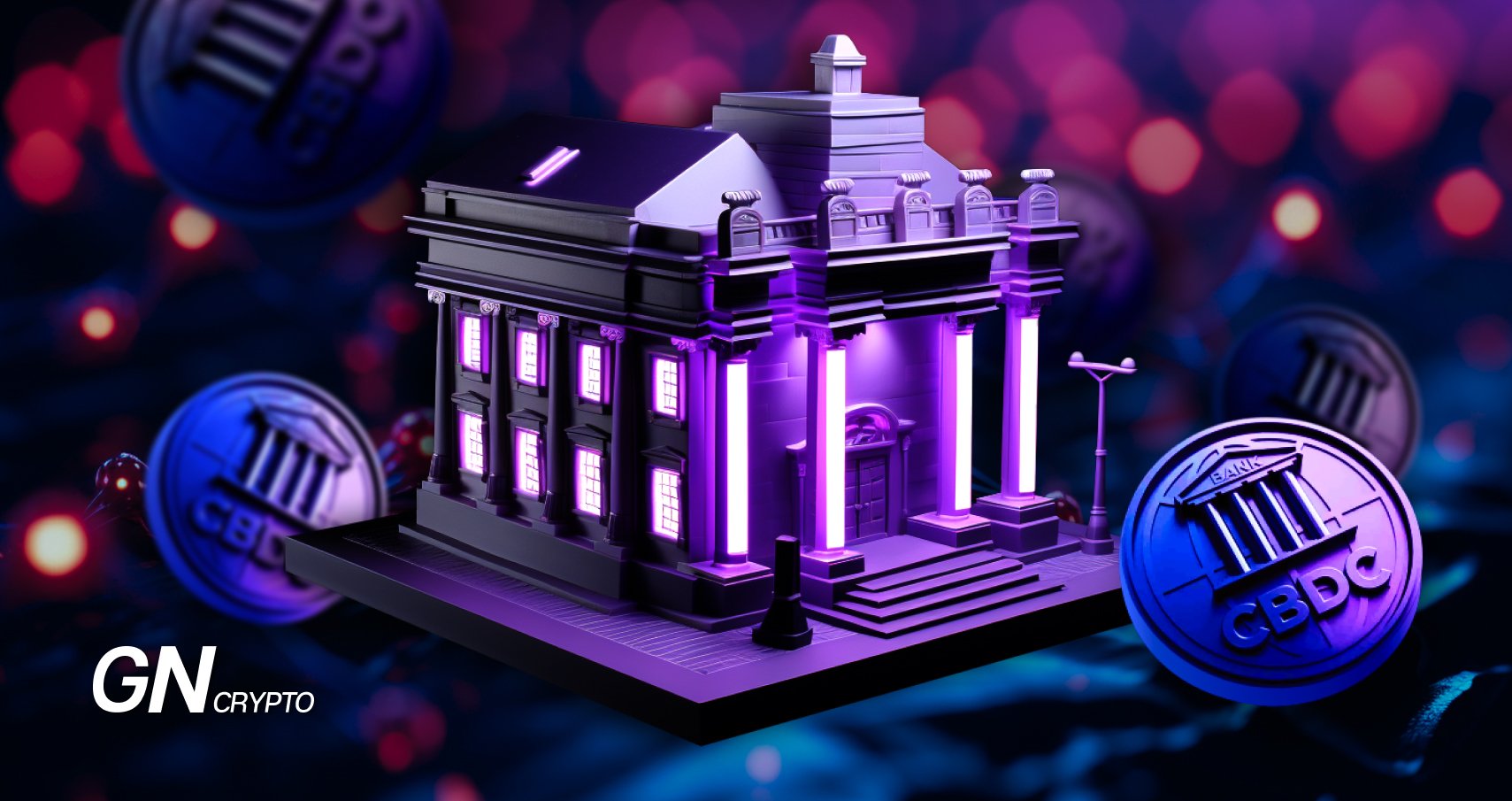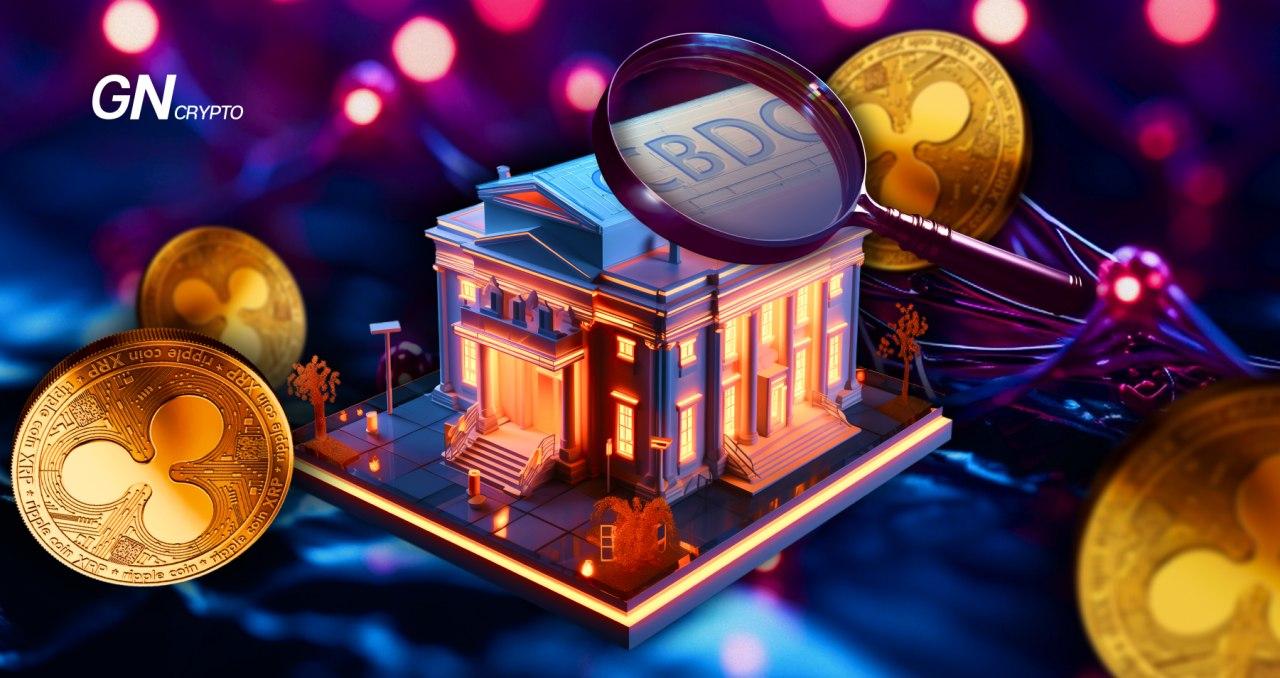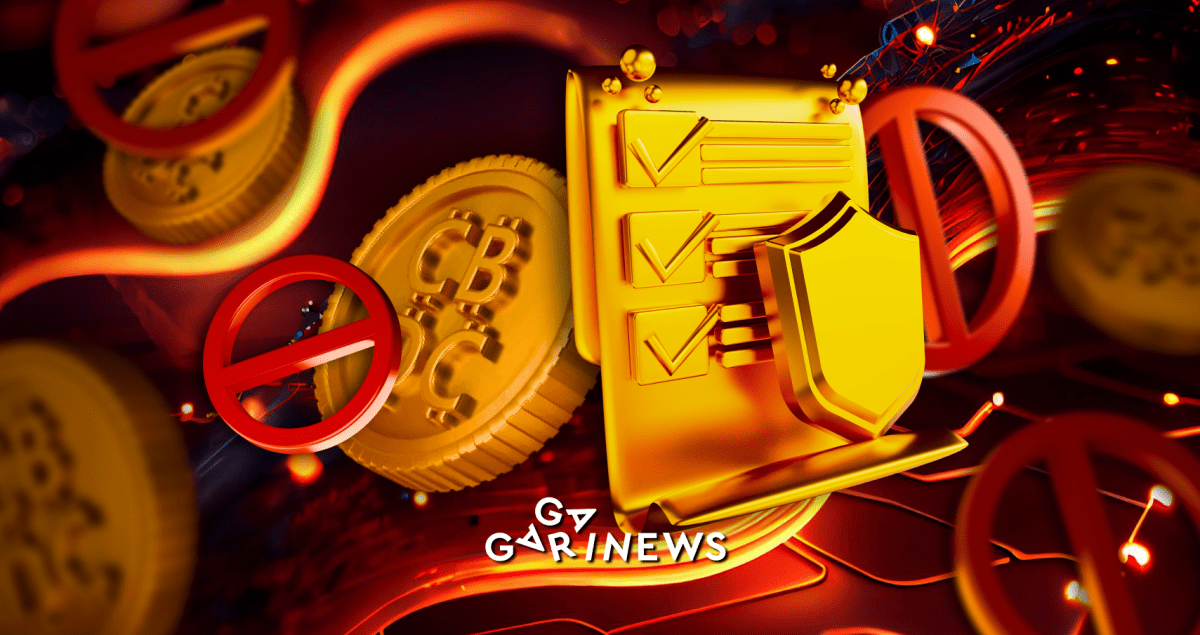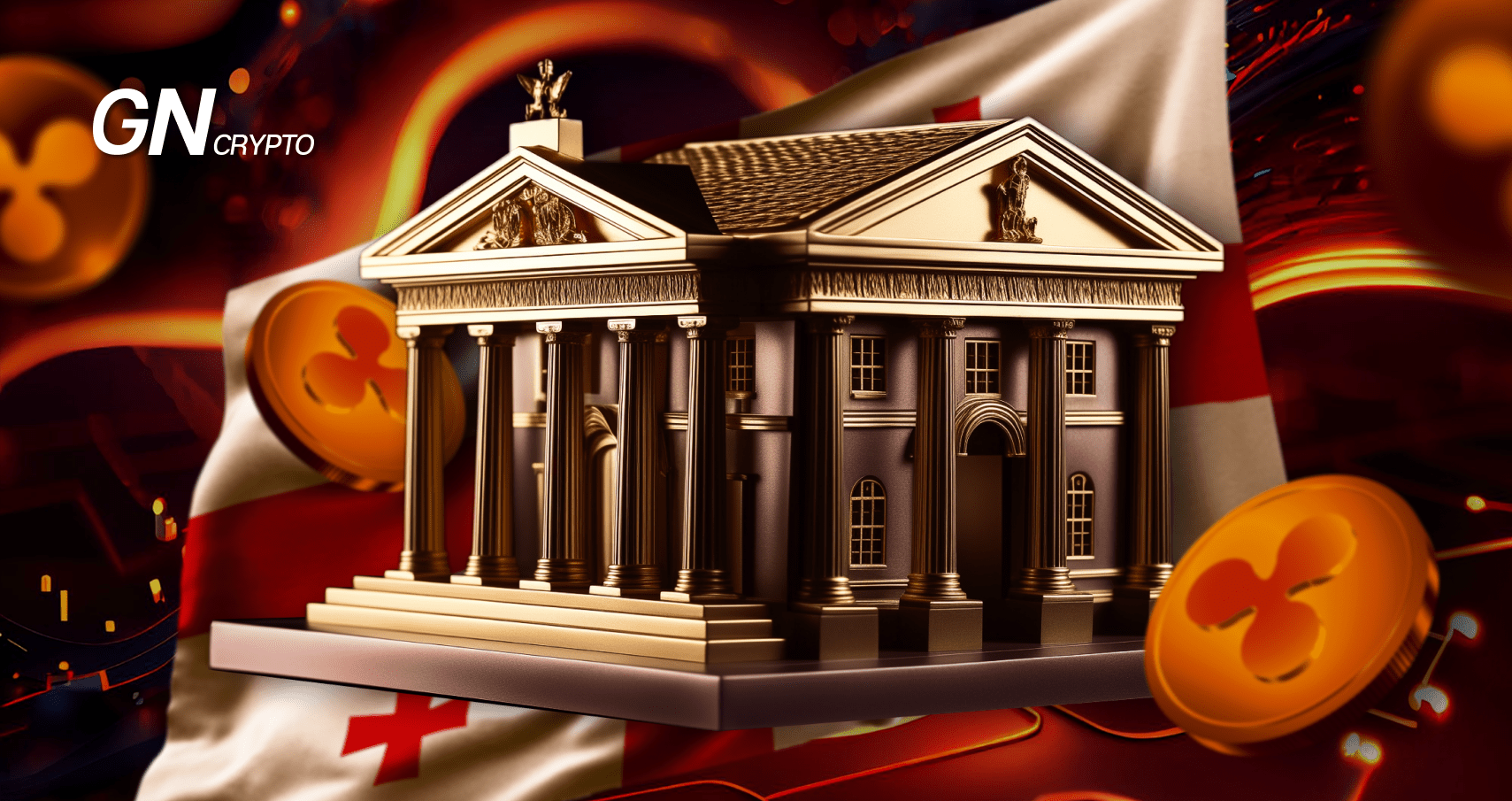#cbdc
53 articles found
Latest
Kyrgyzstan sets three-stage CBDC pilot after council with CZ
-9BPnNDRc.png) Kyrgyzstan unveiled KGST, a stablecoin tied to the som, and outlined a pilot for a central bank digital currency known as the digital som. President Sadyr Japarov presented the plan Friday after the second session of the National Council for the Development of Virtual Assets and Blockchain Technologies, a meeting that included Binance founder Changpeng “CZ” Zhao.
Kyrgyzstan unveiled KGST, a stablecoin tied to the som, and outlined a pilot for a central bank digital currency known as the digital som. President Sadyr Japarov presented the plan Friday after the second session of the National Council for the Development of Virtual Assets and Blockchain Technologies, a meeting that included Binance founder Changpeng “CZ” Zhao. Indian Railways Introduces NFT Train Tickets
 Indian authorities strive to stay competitive in the crypto market. Their efforts span several sectors, including blockchain-based state registries, a Central Bank Digital Currency (CBDC) launch, and public metaverses. Indian Railways is now contributing to this technological push with its innovative offering.
Indian authorities strive to stay competitive in the crypto market. Their efforts span several sectors, including blockchain-based state registries, a Central Bank Digital Currency (CBDC) launch, and public metaverses. Indian Railways is now contributing to this technological push with its innovative offering.  The Bank of England, together with the UK's Treasury, is actively deliberating the risks and advantages of introducing a Central Bank Digital Currency, dubbed Britcoin. Their focus is on its potential economic impact and benefits for UK citizens.
The Bank of England, together with the UK's Treasury, is actively deliberating the risks and advantages of introducing a Central Bank Digital Currency, dubbed Britcoin. Their focus is on its potential economic impact and benefits for UK citizens.  U.K. House of Commons Treasury Committee lawmakers, in its recent report, have urged the government to reconsider the regulations for a potential Central Bank Digital Currency (CBDC). Proposed changes include setting a lower limit on individual holdings (up to £3,000) and the option to earn interest on these holdings.
U.K. House of Commons Treasury Committee lawmakers, in its recent report, have urged the government to reconsider the regulations for a potential Central Bank Digital Currency (CBDC). Proposed changes include setting a lower limit on individual holdings (up to £3,000) and the option to earn interest on these holdings.  The Philippines’ Bureau of the Treasury collaborates with the nation's central bank to use digital currency (CBDC) for the sale of tokenized government securities. This week, the government successfully raised $271 million through tokenized one-year bonds.
The Philippines’ Bureau of the Treasury collaborates with the nation's central bank to use digital currency (CBDC) for the sale of tokenized government securities. This week, the government successfully raised $271 million through tokenized one-year bonds.  Deutsche Bank and SC Ventures have successfully executed the first stablecoin swaps within the Universal Digital Payments Network (UDPN). This platform was established to facilitate transactions using stablecoins and Central Bank Digital Currencies (CBDC).
Deutsche Bank and SC Ventures have successfully executed the first stablecoin swaps within the Universal Digital Payments Network (UDPN). This platform was established to facilitate transactions using stablecoins and Central Bank Digital Currencies (CBDC).  The Riksbank has published a report detailing the fourth phase of testing for the e-Krona. Throughout the pilot phase, which spanned from 2020 to 2023, the bank tested the e-Krona's fundamental use cases as a retail currency accessible to the general public. This iteration of the e-Krona was developed on the Corda distributed ledger platform by R3, with the central bank serving as a notary node responsible for verifying and finalizing transactions.
The Riksbank has published a report detailing the fourth phase of testing for the e-Krona. Throughout the pilot phase, which spanned from 2020 to 2023, the bank tested the e-Krona's fundamental use cases as a retail currency accessible to the general public. This iteration of the e-Krona was developed on the Corda distributed ledger platform by R3, with the central bank serving as a notary node responsible for verifying and finalizing transactions. Ripple's Take on CBDCs: Opportunities and Risks
 Currently, 130 countries, contributing to 98% of the global GDP, are actively examining CBDC projects. CBDCs are being considered as a means to enhance financial accessibility, encourage payment innovations, and reduce fraud. The Bank for International Settlements anticipates that within a few years, 20% of the world’s population will have access to CBDCs.
Currently, 130 countries, contributing to 98% of the global GDP, are actively examining CBDC projects. CBDCs are being considered as a means to enhance financial accessibility, encourage payment innovations, and reduce fraud. The Bank for International Settlements anticipates that within a few years, 20% of the world’s population will have access to CBDCs. 









